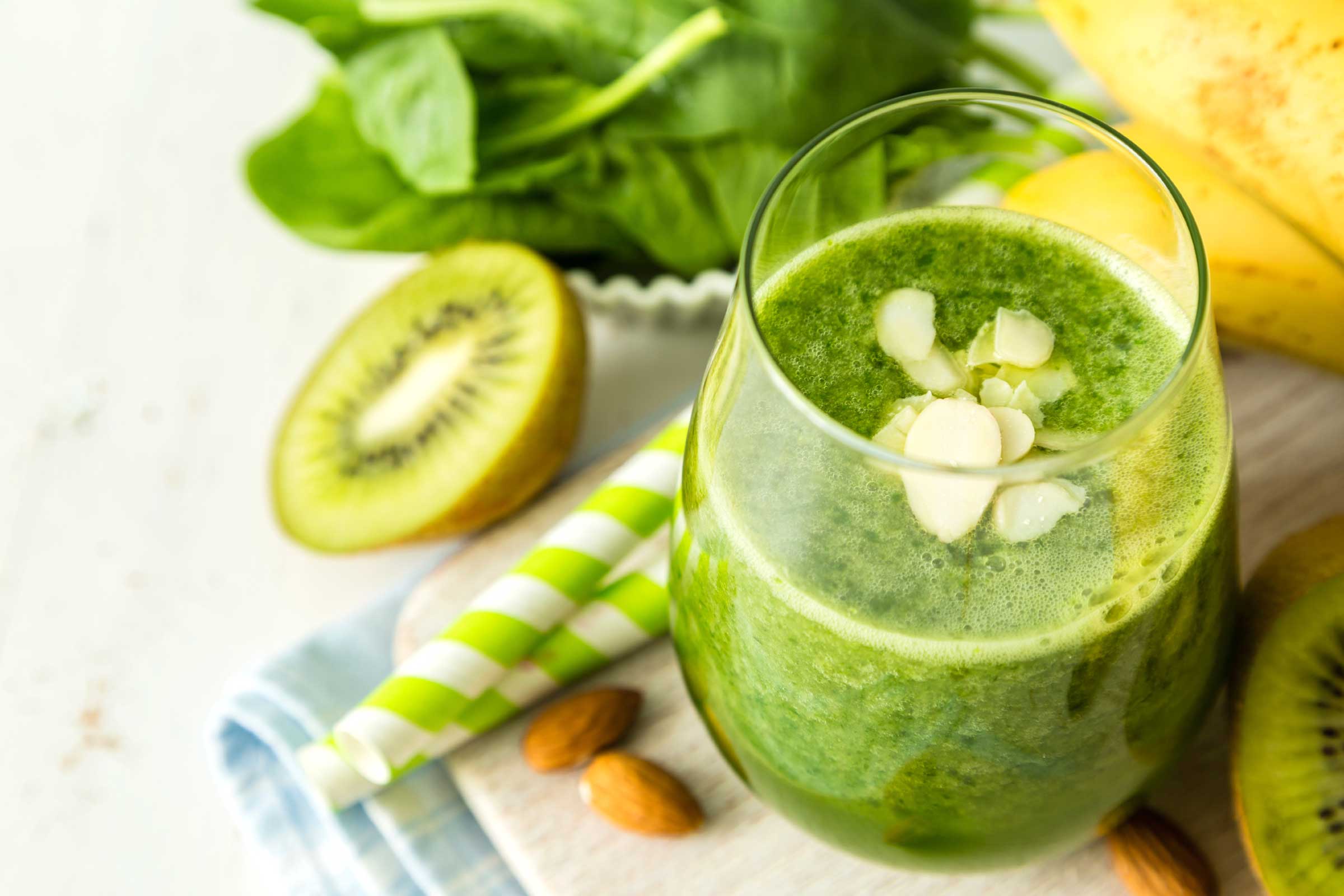Can’t sleep? It could be what you did (or didn’t eat) that day and when. Get a sleep doctor’s and nutritionist’s advice on how to eat to sleep better.
Your dinner is early

If your supper is around 5 p.m. and you don’t hit the hay until 11 p.m. or later, hunger may interfere with your sleep. You might need a small snack a couple hours after dinner to send yourself to dreamland. “The perfect bedtime snack would be something like cheese and crackers,” says Michael Breus, PhD, a California-based board-certified sleep specialist, author of The Sleep Doctor’s Diet Plan: Lose Weight Through Better Sleep. Choose a hard cheese instead of a soft cheese, advises Dr. Breus; hard cheeses are higher in tyrosine, a compound which helps with sleep. Your bedtime snack would ideally be 65 percent carbs and 35 percent protein and about 250 calories, suggests Dr. Breus. A small bowl of cereal with low-fat milk is another great evening snack idea. But don’t eat too late night or you could get heartburn or other health problems.
You took an afternoon coffee break

You might think you need the afternoon java fix to improve focus the last few hours of the day, but it takes six hours for your body to process and eliminate just half of the caffeine consumed. This stimulant can also cause nervousness and contribute to insomnia, according to the National Sleep Foundation. Three eight-ounce cups of coffee (about 250 milligrams of caffeine) daily is considered a moderate amount of caffeine. Many sleep experts suggest eliminating caffeine in the afternoon if you’re having falling asleep at night. Here are other surprising tips to sleep better from medical doctors.
You enjoy a big dinner

Overeating can certainly make you feel uncomfortable, especially if you dine shortly before hitting the hay. The body was meant to digest food sitting or standing, not lying down, says Dr. Breus. Lying down can make the digestive process can take longer, which disturbs slumber.
You over-imbibed

“Alcohol is the number-one sleep aid in the world,” says Dr. Breus, “but it’s not a good one.” While alcohol makes you fall asleep, it keeps you out of the deeper stages of sleep, so half of the reason you wake up with a hangover is because you didn’t get that deep sleep and the other half is dehydration, Dr. Breus says. We aren’t saying you can’t have a drink or two with dinner, but for every alcoholic beverage, have one glass of water. “You would want lights out to be probably three hours after your last alcoholic beverage to give your body the chance to digest it, so it’s not having that affect on your sleep,” he says.
Your dinner is spicy

You might want to avoid spicy foods a few hours before hitting the hay as they can cause heartburn or indigestion. “When you go from standing to lying down, gravity isn’t your friend and [those spices] can go into your esophagus and then you get reflux, which can be disruptive to your sleep as well,” says Dr. Breus. “Also, there is some data to show that eating spicy food may cause a higher proclivity for nightmares,” says Dr. Breus. Here are surprising acid reflux symptoms you might overlook.
Your diet’s too strict

While new research in JAMA Internal Medicine claims that people who “fasted” for two years (by slashing 25 percent of their daily calories) lost about 10 percent of their body weight and reported sleeping better, that strict style of eating isn’t for everyone—and not eating enough could lead to trouble sleeping at first. “You don’t want to go to bed hungry, that will absolutely prevent you from being able to fall asleep,” says Dr. Breus. Hunger pains and anxiety that can come with them can keep you awake. “I have patients who either have eating disorders or who are super dieters and they can lie in bed and start to think, ‘What did I eat today? What did I not eat today?’ It raises that level of anxiety and makes it very difficult to fall asleep.”
You’re missing out on sleep-inducing foods

Consider making an evening smoothie with tart cherry juice concentrate, bananas, kiwis, and ice. Bananas contain magnesium, which helps with sleep, tart cherry juice concentrate can help increase melatonin (the sleep-inducing hormone), and kiwi fruit raises the level of serotonin in the body. Serotonin is a hormone that helps calm the body and mind. These are other foods that can help you sleep.
You had ice cream before bed

Indulging in high-fat dairy foods could interfere with your sleep, according to new research published in the Journal of Clinical Sleep Medicine. Low-fiber, high-fat, and high-sugar diets were associated with sleep arousal and less restorative sleep. Foods high in fat also can slow down digestion, leading to gastroesophageal reflux (GERD), which can interfere with sleep, says registered dietitian Lisa Stollman, RD. “Fat leaves the stomach last, after proteins and carbohydrates, so avoiding foods rich in fat close to bedtime is a smart choice.” Is chocolate or coffee-flavored ice cream especially likely to keep you awake? Not if you practice portion control, says Dr. Breus. You’d have to have a lot of chocolate at night (think a four-pound bar) or three large scoops of coffee-flavored ice cream for those foods to act as stimulants and impact sleep, he says.












